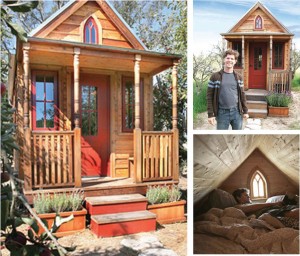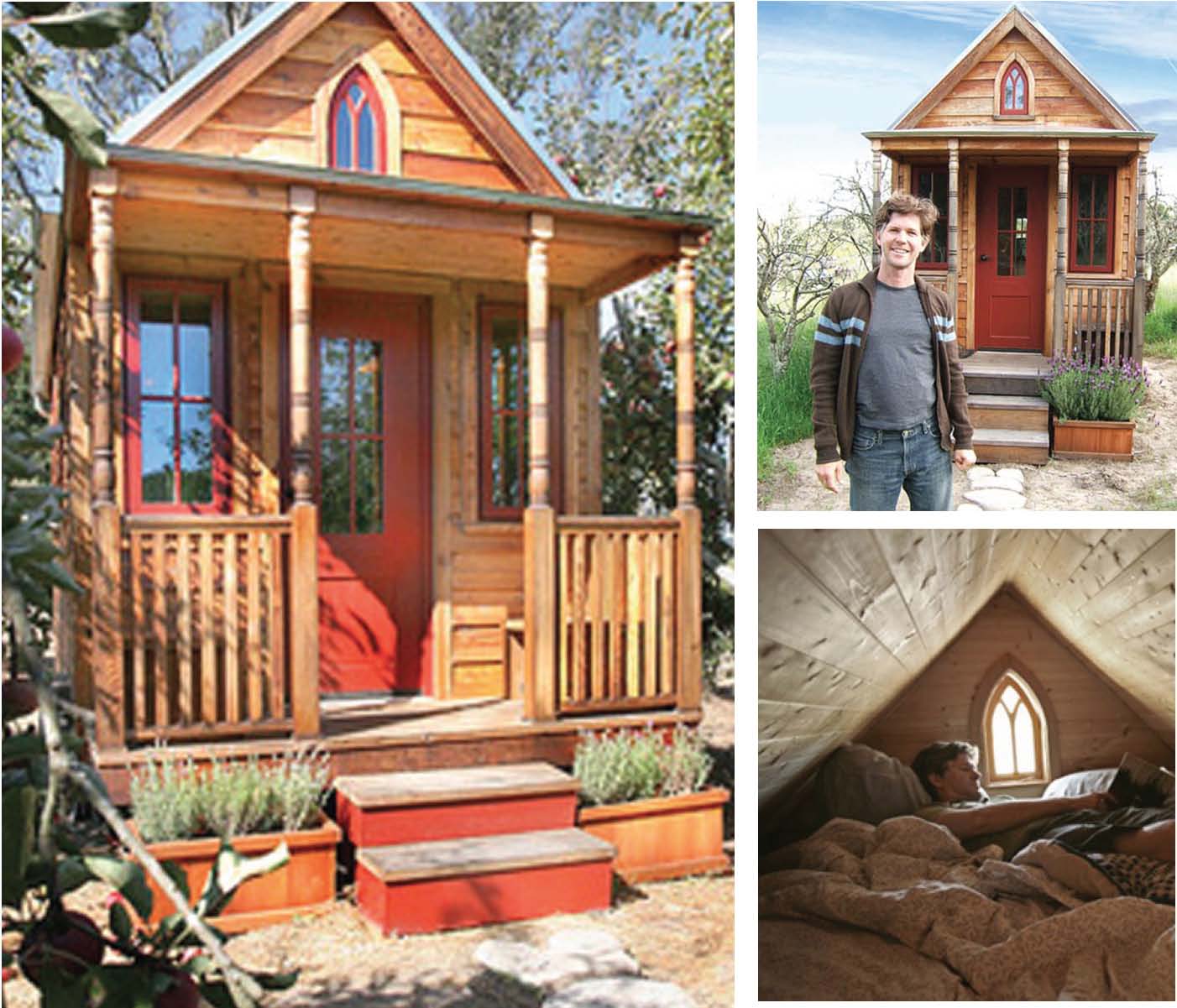 Utah Stories examines the growing popularity of the U.S. mini-houses compared to European dachas and cottages.
Utah Stories examines the growing popularity of the U.S. mini-houses compared to European dachas and cottages.
One hundred square feet of living space would cause McMansion owning suburbanites to cringe. However, urbanites who might already be accustomed to somewhat smaller quarters, are finding these little places quite appealing. The photos of these homes show a life surrounded by trees and the great outdoors, making the space an affordable weekend retreat. This trend is quite a shift from the typical American lifestyle which often places more value in square footage, granite counter tops and stainless steel appliances. These mini-homes are all about the space outside rather than wowing visitors by opulence inside.
Owning both a city apartment and small country house retreat is actually not a new concept. Dachas (Russian for cottage or summer home), have been around in Europe for centuries. Many city apartment dwellers in Germany, France and especially Russia, own dachas in the country. Each country has their unique style and mode de vie. Russians dachas are typically used to grow large gardens full of potatoes, beets, and other vegetables that help sustain families. German Bavarian cabins are usually fancy garden homes. German summer cottages often have immaculately maintained flower gardens.
Compared to the European varieties, the United States’ version of the dacha is very small. Most German and Russian varieties I’ve seen are around 300-500 square feet, however the Tumbleweed mini-houses have seven models under 300 square feet and just one around 550 square feet.
Tumbleweed’s business has grown significantly since the housing crisis. Proprietor Jay Shafer built his first small house back in 1997 as a way to avoid being stuck in a mortgage. He now sells about 50 blueprints a year, which cost $400 to $1,000 each, up from 10 five years ago.
The eight workshops he teaches around the country each year attract 40 participants on average.
The Utah Connection:
Utah resident Lamar Alexander built a mini cabin on his family ranch in Roosevelt, Utah. This was his best option after a divorce left him with little money. Lamar now teaches classes how to build their own mini cabins and live off the grid like he does. His total construction costs for his cabin: were $2,000.






